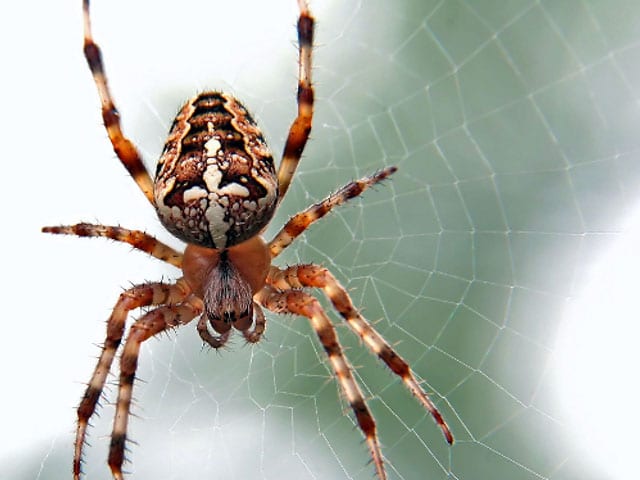Spiders are synonymous with Halloween, and it makes sense. Spiders give many people the creeps. Beyond the fake cobwebs and plastic spider decor, you might have noticed an increased presence of spiders in the environment and around your home. As cooler weather days arrive in the Pacific Northwest, spiders seemingly become more abundant. From September to December, Autumn plays an important role in the development and lifecycle of our eight-legged friends.
Here are 3 reasons why Fall is the season for spiders.
Mating
Autumn in the Pacific Northwest is mating season for spiders. Most of the spiders you find out and about are males seeking a female partner while the females tend to stay put. As part of their lifecycle, females will lay eggs in the fall to prevent freezing, while the mature spiders themselves will begin cold hardening to survive brutal winter temperatures.
Winter Prep
Spiders have an amazing ability when it comes to surviving cold temperatures. They are cold-blooded and can slow down their developmental stages through a process called “diapause.” This doesn’t mean that spiders go into hibernation or cease their activities. Spiders can continue their habits in stable temperatures of 40 degrees, making the most of cooler temperature days even while other insects go into hiding or die off.
Spring Baby Maturity
When spiderlings (baby spiders) hatch in early springtime they are tiny in size, going unnoticed in most cases. The wolf spider for example, can grow between 1-4 inches in length, but a baby wolf spider begins its life at 1-3mm, or between 0.03-0.11 inches in length. Throughout the spring and summer months these baby spiders eat and grow continuously till sexual maturity to begin mating themselves.
Spiders are incredibly beneficial, but they can produce quite the infestation. There are several things you can do to limit the number of spiders in and around your home:
- Remove webs as you see them. This would encourage spiders to return to the crawlspaces and wall voids in which they came from.
- Seal cracks around windows and doors where spiders might enter.
- Keep your home clear of clutter. Spiders love clutter as it makes for great hiding.
- Using essential oils like peppermint, tea tree oil, and citrus such as orange and lemon can deter spiders as they dislike the smell.
As for larger infestations that stretch beyond a few spider sightings, calling a professional for inspection and treatment is highly recommended. A large number of spiders could indicate a larger problem, such as your home’s environment catering to a generous food supply of insects far more concerning than the spiders themselves.
At Pacific Pest Management we know a thing or two about spiders and how to deal with them. Give us a call for a free inspection.




